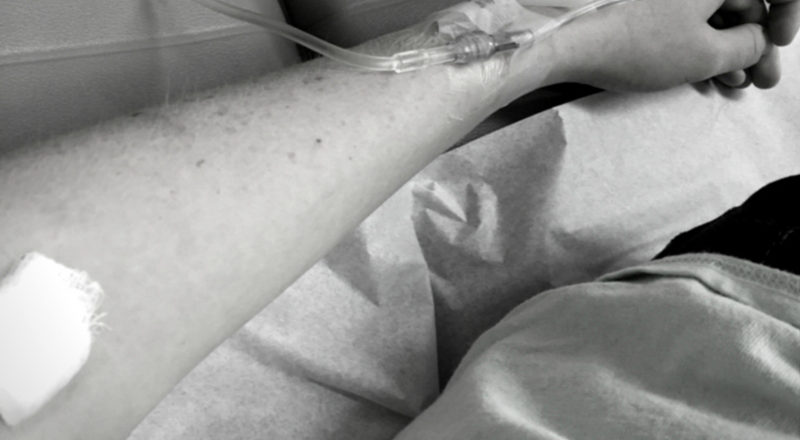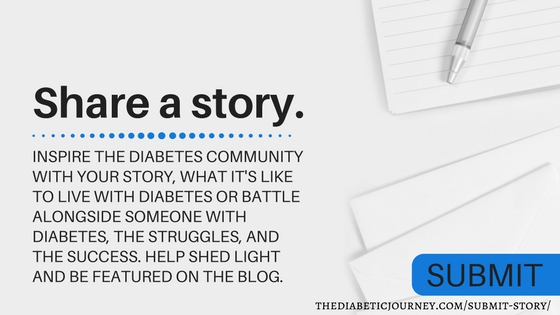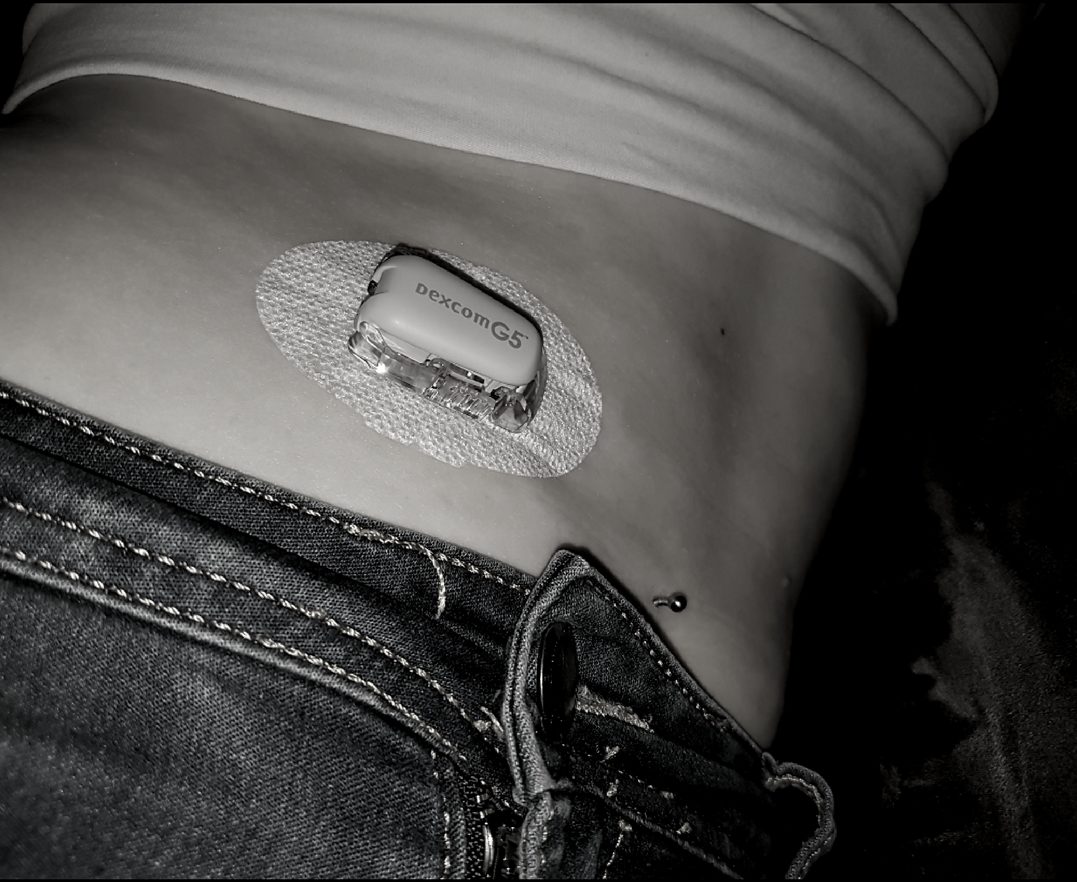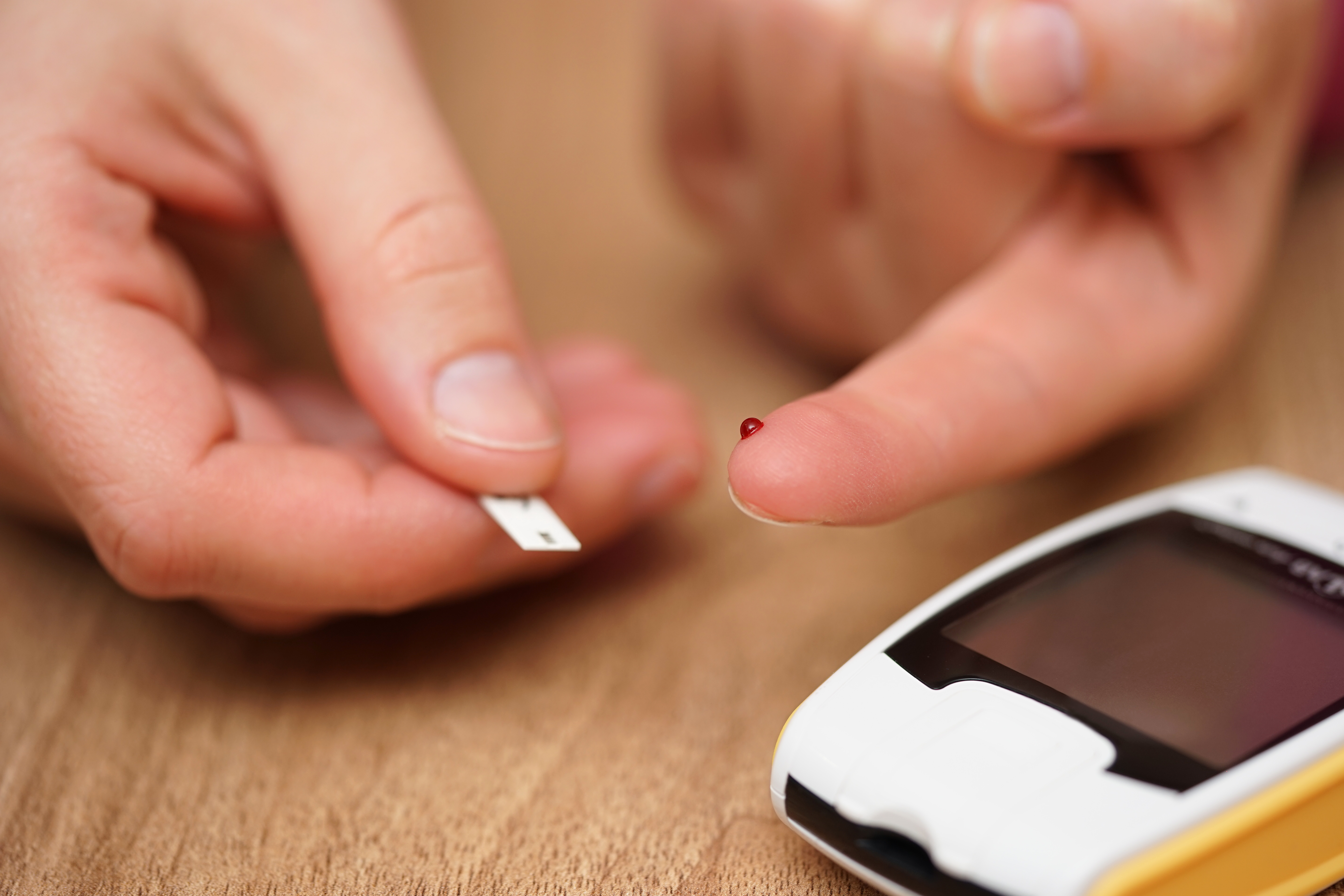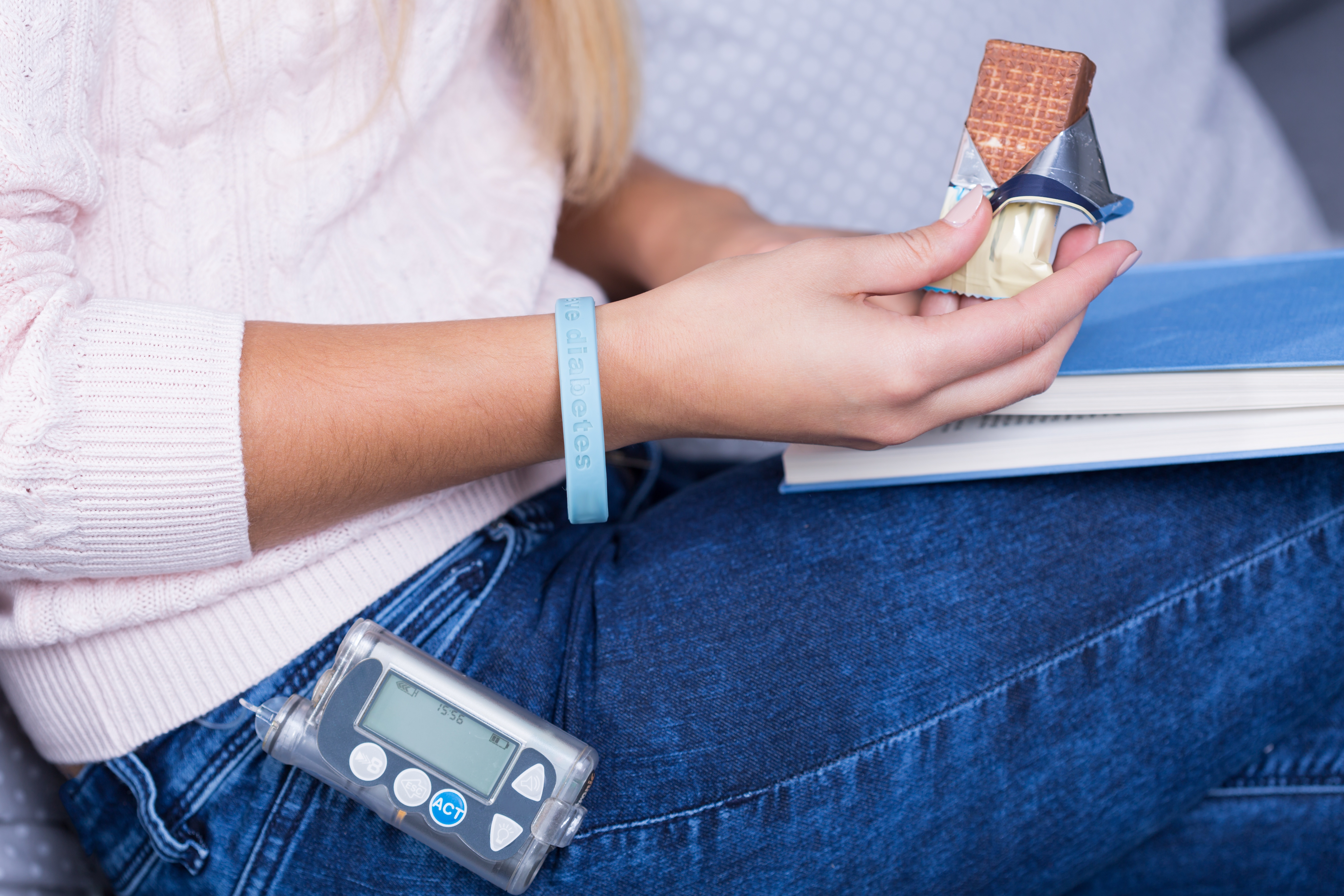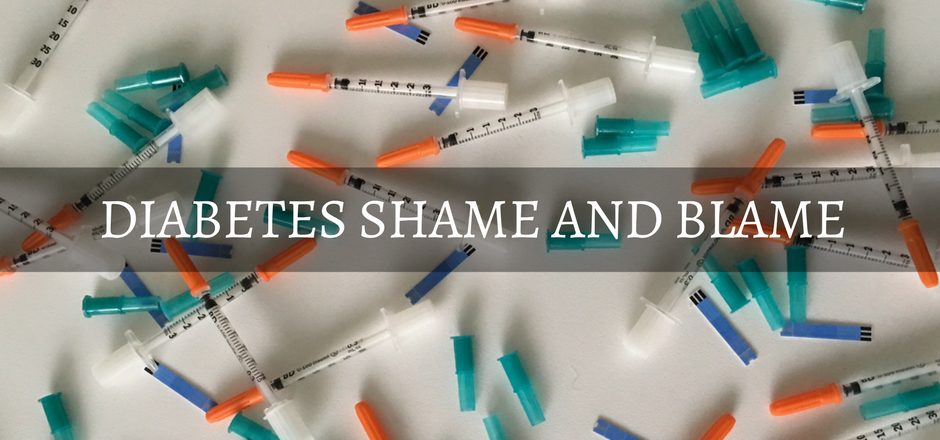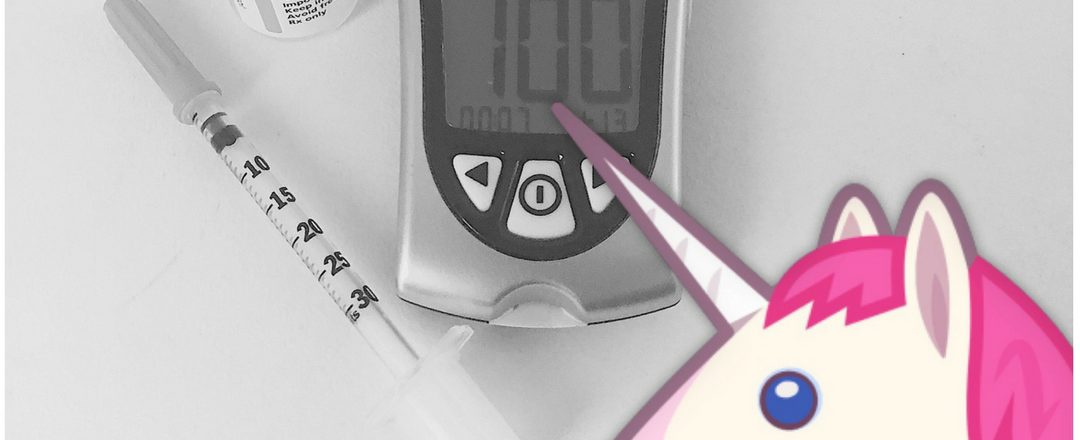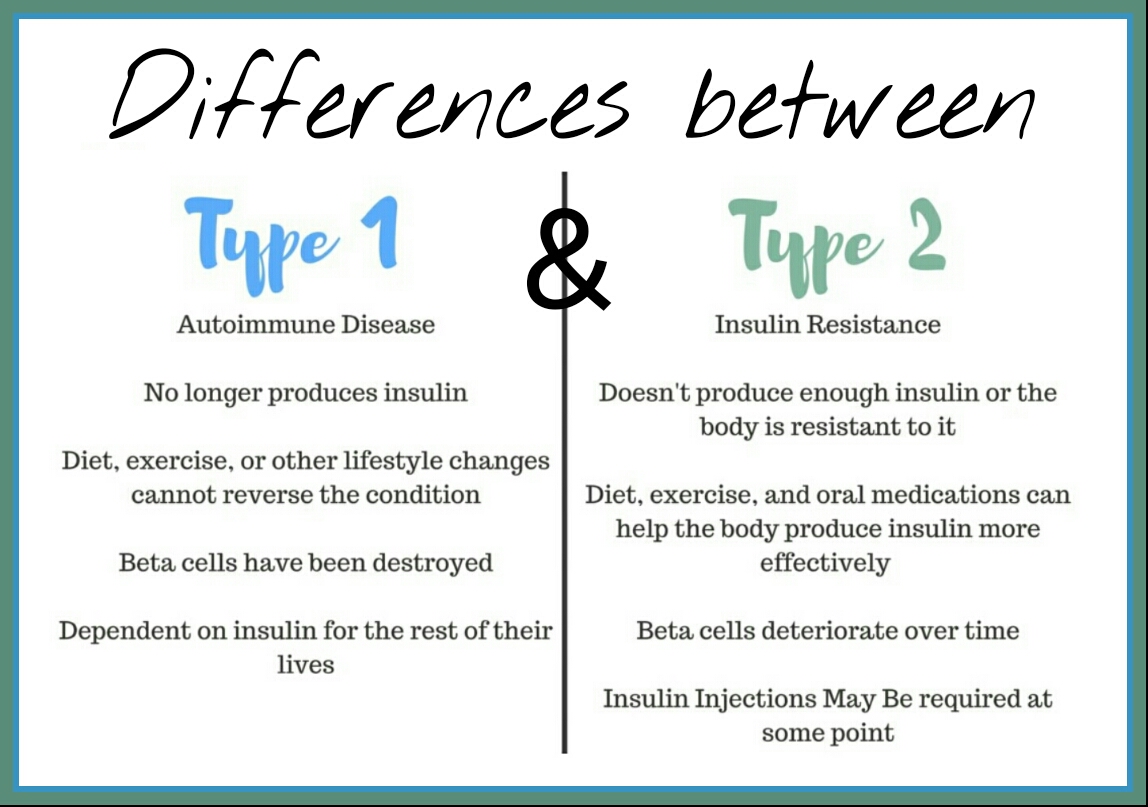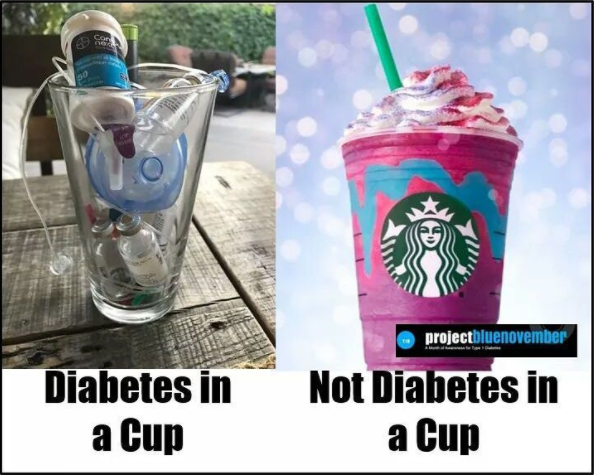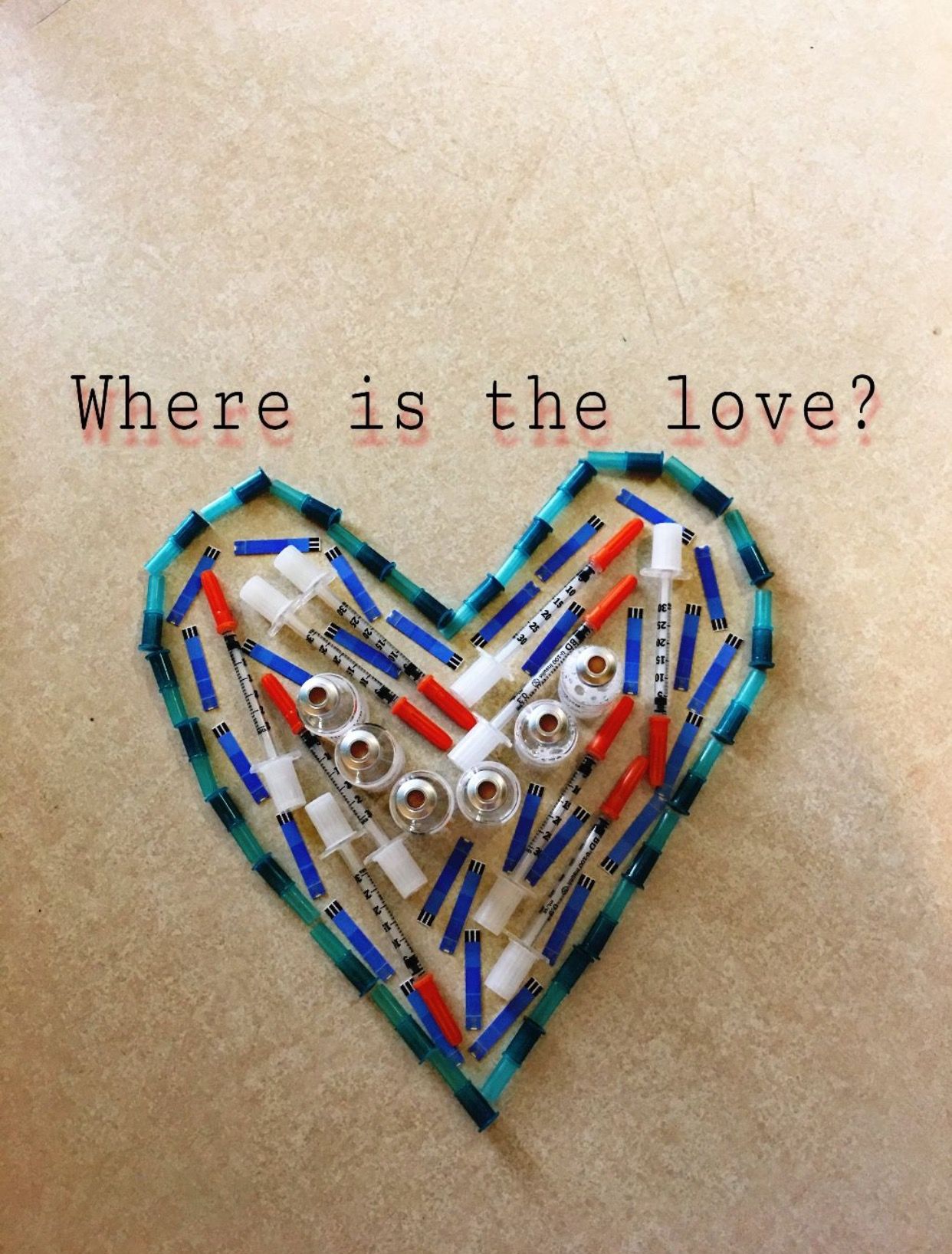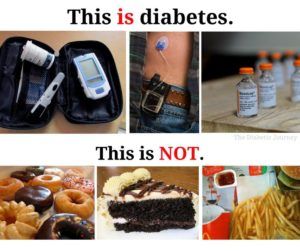Type 1 Diabetes Diagnosis and The Things They Don’t Tell You
This is a topic I’ve wanted to write about for awhile. When receiving my Type 1 Diabetes Diagnosis well over a decade ago—it was all just a blur in my mind. I remember the significant parts. I remember feeling ill and being told that I had type 1 diabetes. But it was also a moment of sheer disbelief, fear, and confusion.
Being in the ICU with DKA is not a place anyone wants to be. It’s hard to fully process a type 1 diabetes diagnosis in just a short hospital stay. What are the questions that I need to ask? What does this all entail? The doctors and mostly nurses just spilling information and I couldn’t grasp all of it, if any.
At the time of my diagnosis I learned the basics. Which was how to inject myself with insulin or how to have the assistance of my mother. I learned how to check my blood sugar, how often, and what the numbers meant.
But being at the hospital is like having a babysitter. Someone, a medical professional who can keep an eye on you until you leave. It’s when you leave the hospital—that’s when the real work comes into play. And it’s a lot more complex then I could have ever anticipated.
Type 1 Diabetes Diagnosis and Things They Don’t Tell You:
How Consistently Inconsistent Life Is Now
After I went home I was still in the honeymoon phase and my body responded well to the insulin. But after the honeymoon phase wore off, it was chaotic for many years following. During the teen years not only was I growing but I was also combating hormones. Now I know that diabetes is constantly changing and so is my day to day insulin requirements.
I soon learned how volatile my blood sugars can actually be. That even if I eat and inject myself with the same amount of insulin everyday, the results can vary. It didn’t happen overnight, but over the years I learned how to adjust and find certain trends.
My accuracy is NEVER perfect, but I take pride in making small improvements. Thankfully now I have a CGM (continuous glucose monitor) which helps me keep a closer eye on where my blood sugar is headed before it becomes severely life-threatening.
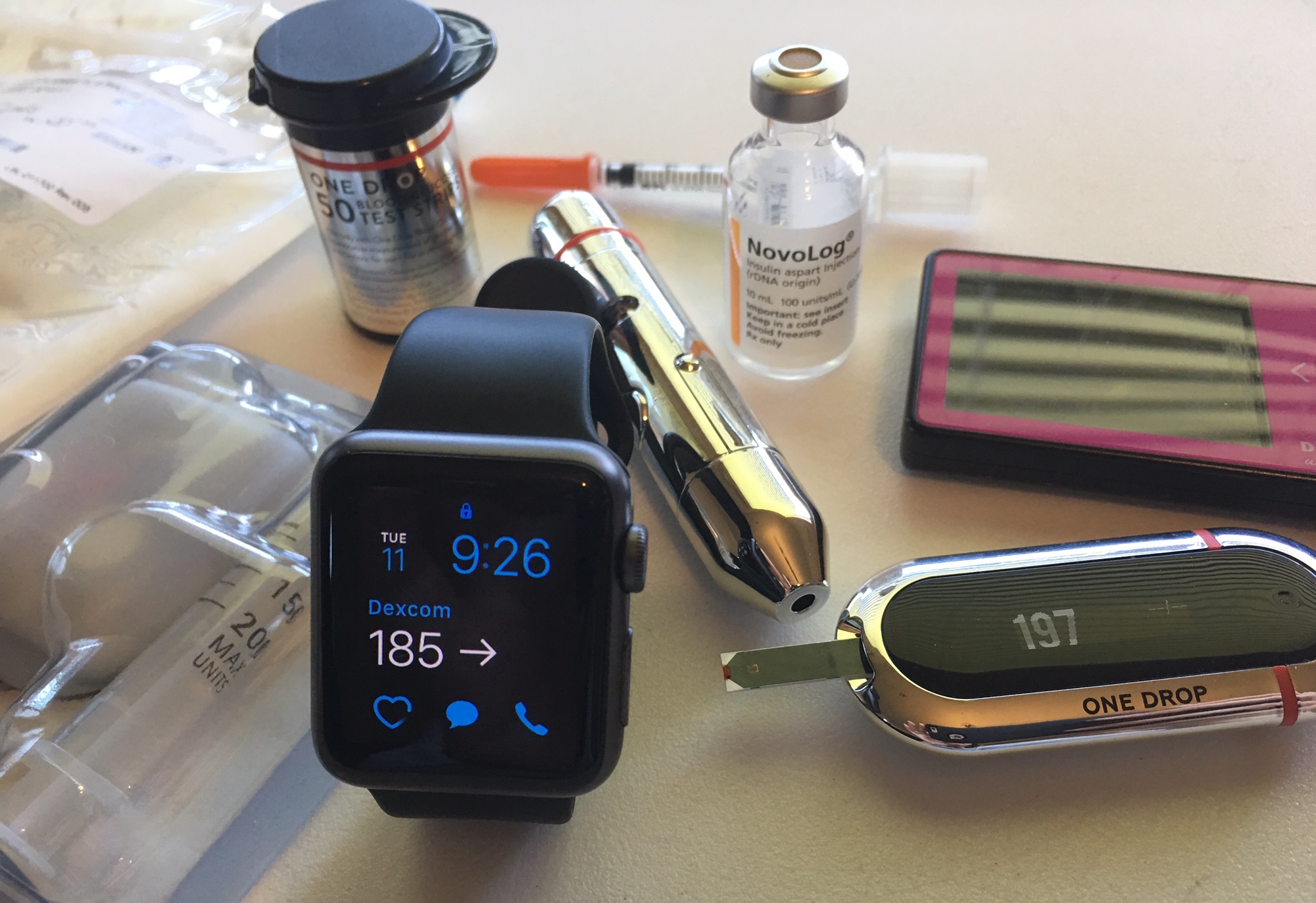
How Strong You’re Going To Have To Be
I don’t know if I was this strong to begin or I had strength thrust upon me due to necessity. But I’ve become incredibly strong due to having diabetes. I’ve learned to react in life-threatening situations, save my own life everyday, and to embrace the uncertainty. I was never prepared for how strong I’d have to be. It’s definitely not for the weak, and in many ways it has made me the person I am today.
How Much Sleep You’re Going To Lose
When I was diagnosed my mother took the brunt of the work. I don’t think a physician has to really suggest “sleep-less” or “wake up at this time” because it’s almost instinctual. As I got a little older I started taking the reigns and I’ve been going ever since.
The feeling of exhaustion never seems to go away. I still find myself 15 years down the line going to bed late or wake up at odd hours. I don’t think it will ever stop. But I do take comfort in knowing that while it has taken a lot from me, I still manage to live beyond it.
How To Cope With The Emotional Challenges
There’s a lot more that goes into managing diabetes then the physical stuff. But I wasn’t prepared for everything else that would follow. The frustration, depression, anxiety, sadness, anger, guilt, shame, fear, burnout, all of it. Some has comes in spurts, some even all at once.
One day I can be absolutely fine, and then the next day I can feel utterly defeated. I once thought that I was the only one who felt like this because growing up I didn’t know or talk to anyone that had diabetes. My doctors also never really mentioned how diabetes can affect ones emotions.
I used to think that showing weakness was a sign of failure. That I have to constantly live up to expectations and be judged on how well I’m doing and how I can improve. But what I’ve learned is that I’m still here, and if I’m still here I’m giving it my all. I’ve learned to turn my weaknesses into a strength, share and relate with those going through the same thing, and find ways to help support my cause.
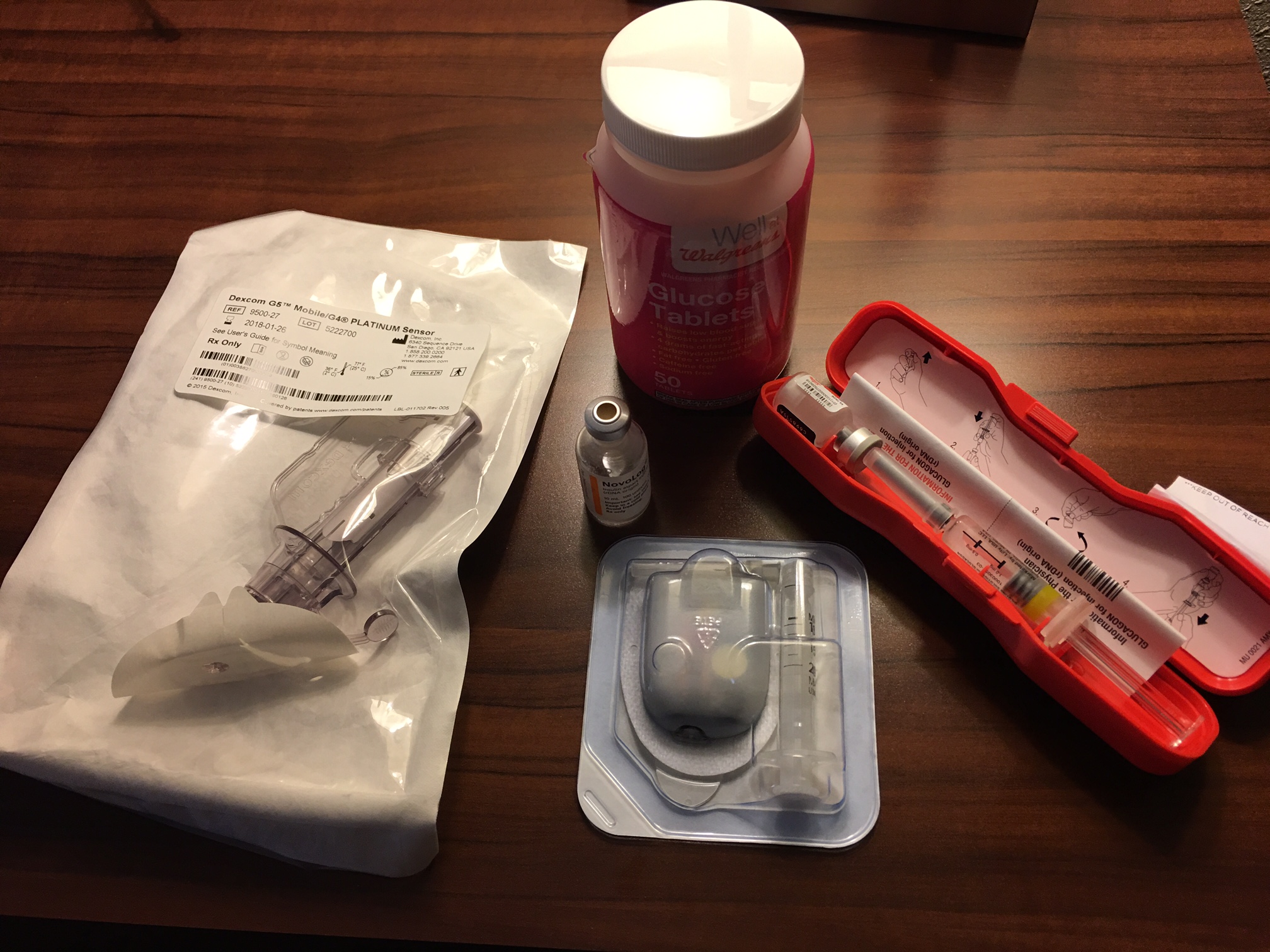
How To Face The World
When I received my type 1 diabetes diagnosis —I didn’t know what diabetes was. I knew about as much as what most learn on television. But instead of making small or moderate lifestyle changes to manage my condition, my life COMPLETELY changed.
Diabetes is seen as a “fat persons disease”, that someone ate too much sugar, is overweight, and doesn’t exercise. However, I wasn’t any of those things. I learned that I had an autoimmune disease which no one in my family had. I learned quickly how little people actually know about diabetes.
I now was forced to inject myself everyday with insulin, watch the amount of carbs I eat, and closely monitor blood sugar levels. But what was even harder was feeling accepted for my diabetes. I soon learned I wasn’t like other children or teens. It was hard to adjust going back to school, socializing, and being active. People would make jokes or tease me for using syringes. For awhile I felt ashamed for having diabetes and I felt like I needed to hide it.
As I’ve grown older, I realize that not everyone is going to have empathy or understand my condition. And when someone doesn’t understand, it can also make them feel uncomfortable. But what diabetes has given me is the compassion and empathy to understand those who do have diabetes and other health conditions.
I’ve learned to rise above the stigma, the judgment, the cruelty and live out my own purpose. To raise awareness, to bring light to a difficult situation, and to let others know they are not alone.

